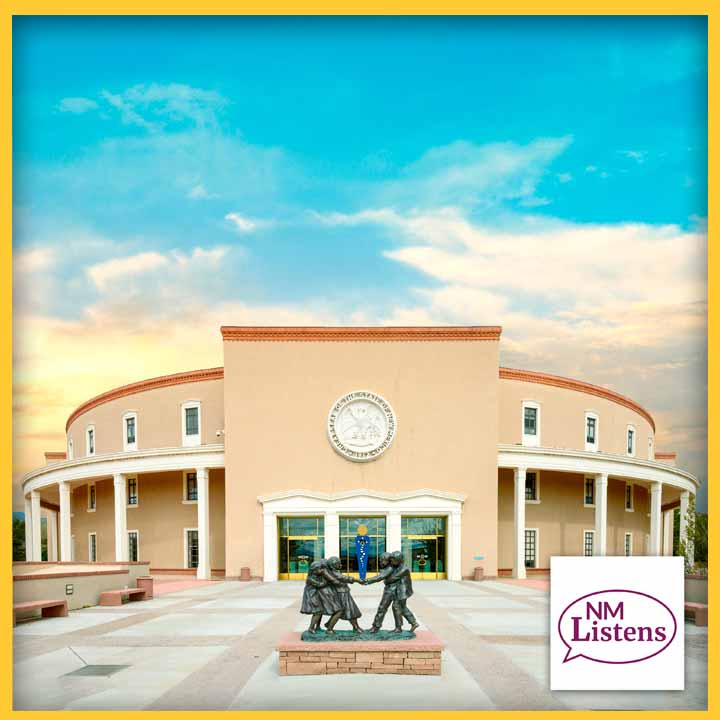LISTENING
BUILDS UNDERSTANDING
CONVERSATION
BUILDS COMMUNITY
STORYTELLING
BUILDS CONNECTIONS
LISTENING
BUILDS UNDERSTANDING
CONVERSATION
BUILDS COMMUNITY
STORYTELLING
BUILDS CONNECTIONS
Seeking to understand who we are, who we were and who we aspire to be
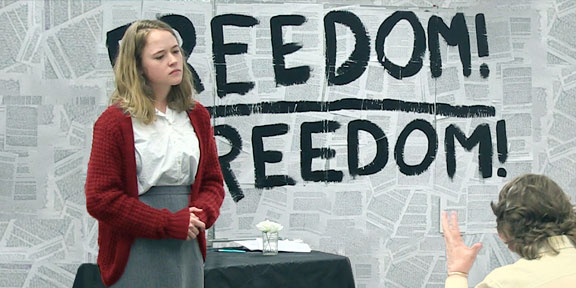

The New Mexico Humanities Council engages New Mexicans with the humanities through cultural traditions, reflecting on history, storytelling and more.
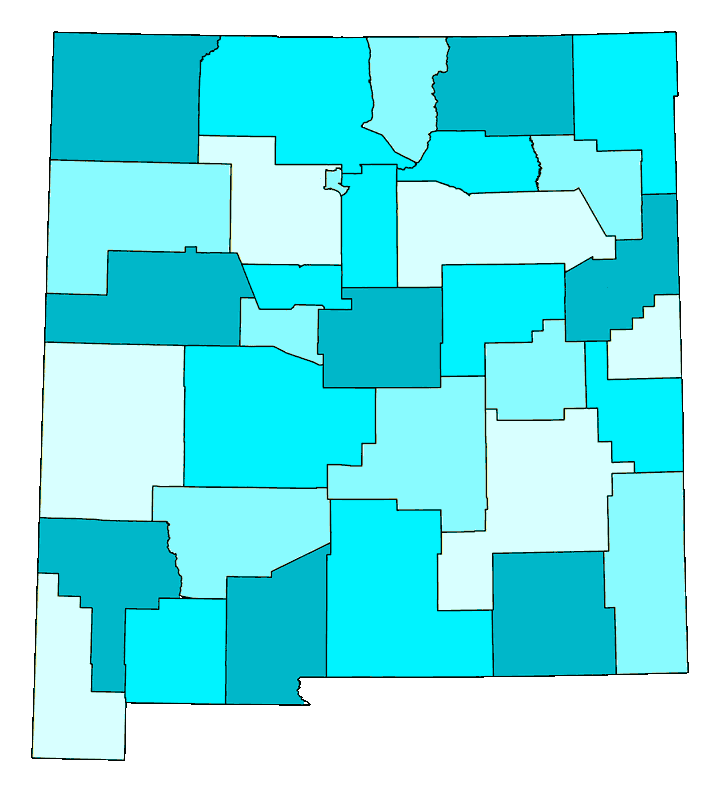
$
0
.97
DOLLARS SPENT IN NEW MEXICO IN 2023
LIVE PUBLIC EVENTS FUNDED
0
COUNTIES REACHED IN 2023
0
$
0
K
AWARDED IN MAJOR GRANTS IN 2023

EVENTS AROUND THE STATE
04
MAY
25
MAY
COURAGE & COMPASSION: OUR SHARED STORY OF THE WWII JAPANESE AMERICAN EXPERIENCE
Santa Fe Public Library, 145 Washington Ave, Santa Fe, NM 87501
19
MAY
TRADITIONAL STORIES OF NORTHERN NEW MEXICO
Old San Ysidro Church, 966 Old Church Rd, Corrales, NM 87048

NEWS AND ANNOUNCEMENTS
No posts found
STORIES FROM COMMUNITIES AROUND THE STATE

ECOLINGUISTICS AND HOW LANGUAGE CAN SAVE THE WORLD
04/30/24
By Monika Dziamka
"It’s hard to talk about gender, equality, and equity without also...
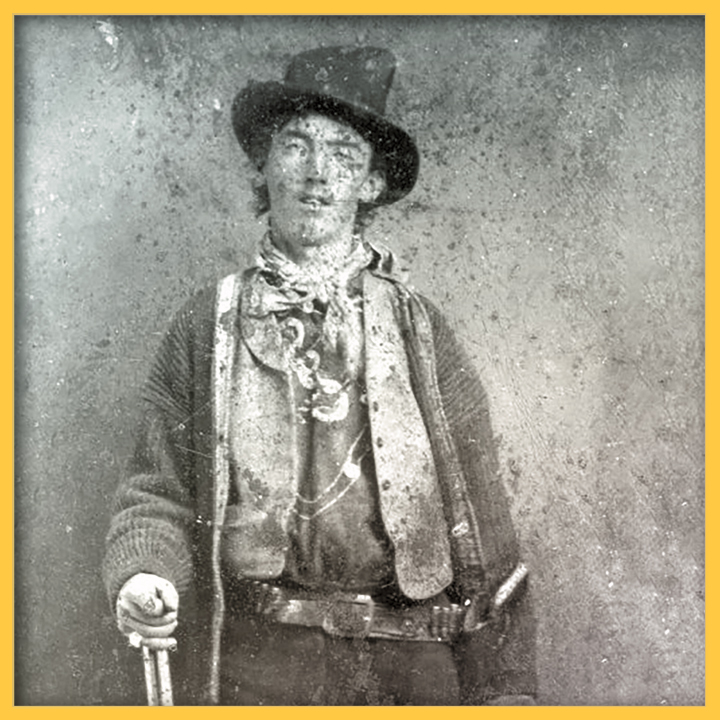
SO MANY BILLY THE KID STORIES — ANY LESSONS IN THEM?
04/01/24
By Richard Etulain
"What has happened in interpretations of Billy the Kid should...

MUNDANE MAJESTY: THE FOOD ODES OF PABLO NERUDA
04/01/24
By Vanessa Baca
"Seeing the tomato as an item of beauty and rarity allows us to appreciate...
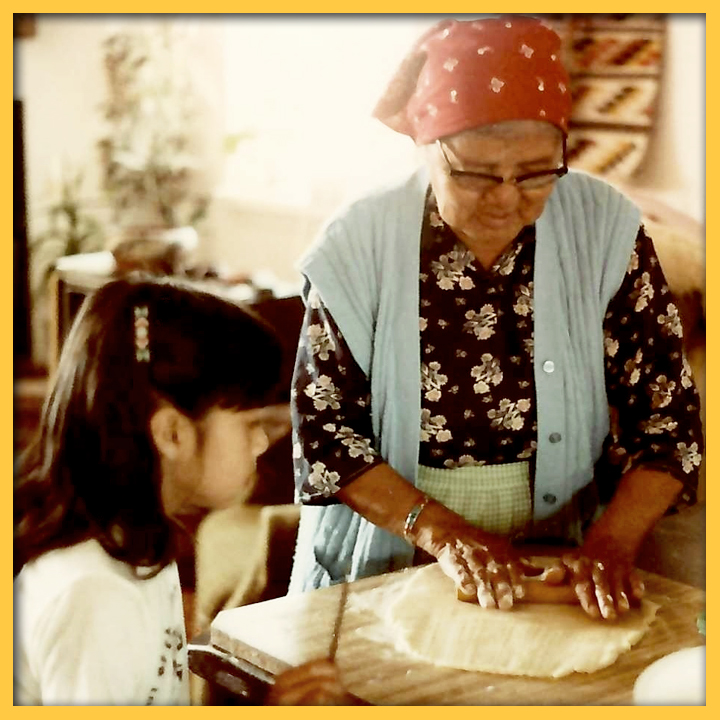
THE BANDANA BRIGADE: WITH HEARTS AND HANDS, WOMEN DO IT TOGETHER
03/01/24
By Kim Suina Melwani
"Like a 'bandana brigade' these women seemed ready to face whatever...
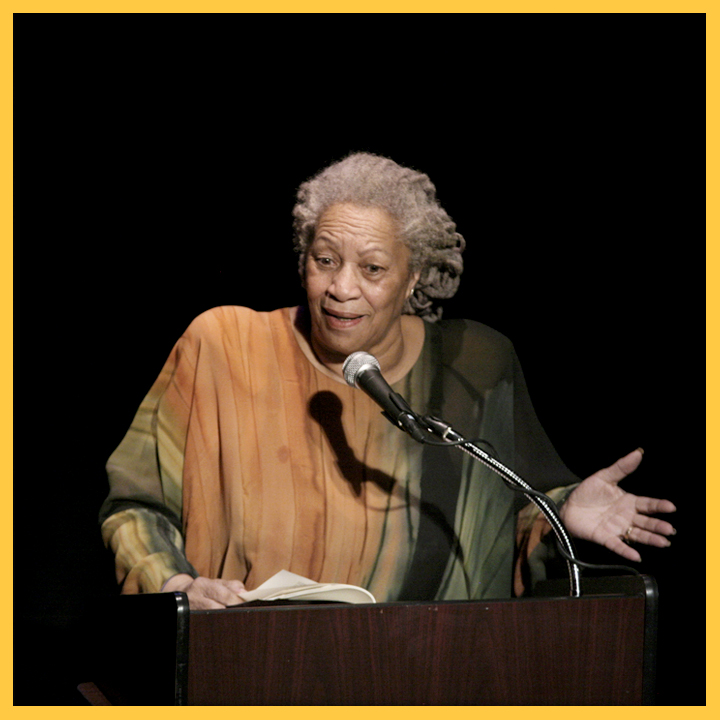
BELOVED WORD WARRIOR: THE POWER OF TONI MORRISON'S PEN
03/01/24
By Cathryn McGill
"In celebrating Women's History Month, we acknowledge Toni Morrison's...
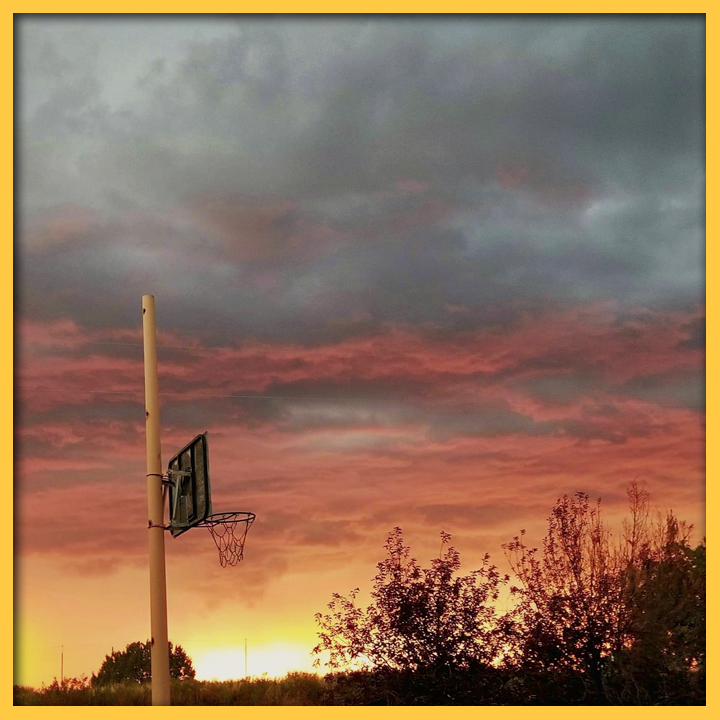
THE BENEFITS OF LIVING IN A SMALL TOWN
03/01/24
By Olivia Thomas
"While some enjoy living in a big city that is a fast-paced and...
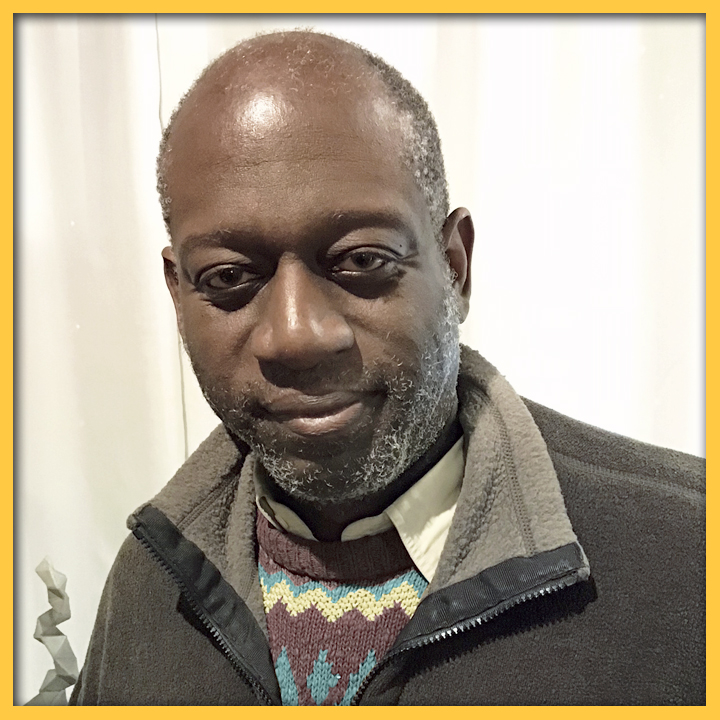
REFLECTIONS ON THE BLACK FOOTPRINT IN NEW MEXICO
01/31/24
By Darryl Wellington
"Let’s begin with a story that reflects my concerns that the...

HATE VALENTINE'S DAY? TRY CELEBRATING IT ANYWAY
01/31/24
By Monika Dziamka
"It's a missed opportunity to let Valentine's Day be reduced to...
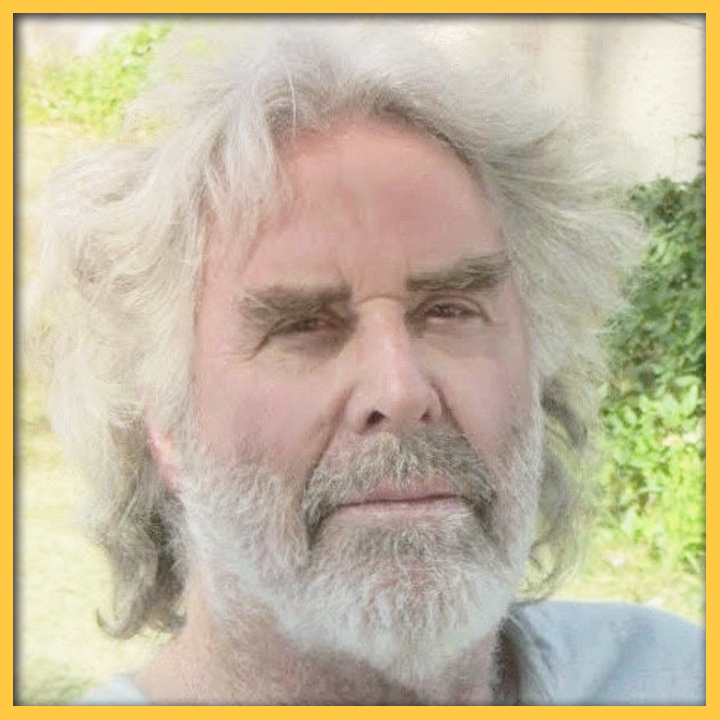
WHERE ARE THE HUMANITIES IN THE CLIMATE CRISIS?
01/02/24
By Thomas Cole
"Ethics are a core Humanities discipline and Aldo Leopold’s 'The Land...

A MUSLIM FITTING INTO NEW MEXICO
01/02/24
By Ryqir Haden
"I am a Muslim, and I belong in Las Cruces, New Mexico. Surprised?...

KRAMPUS IS COMING: WHY HALLOWEEN IS ACTUALLY JUST THE START OF SPOOKY SEASON
11/30/23
By Monika Dziamka
"Krampus is the spice to Santa’s sugar. Neither one is as good...
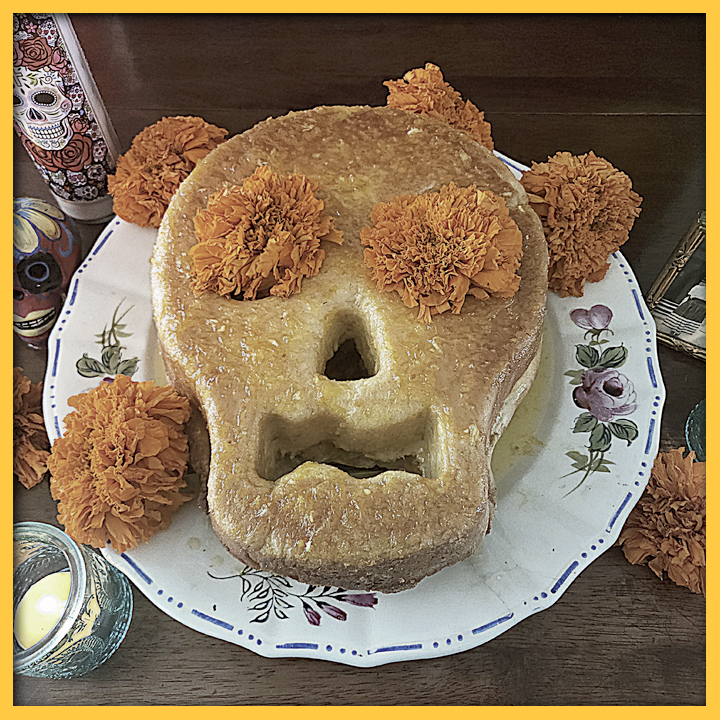
BREAD OF DEATH AND LIFE: A SHORT HISTORY OF PAN DE MUERTOS
11/01/23
By Vanessa Baca
"'Bread is life.' This platitude is among the most well-known in...
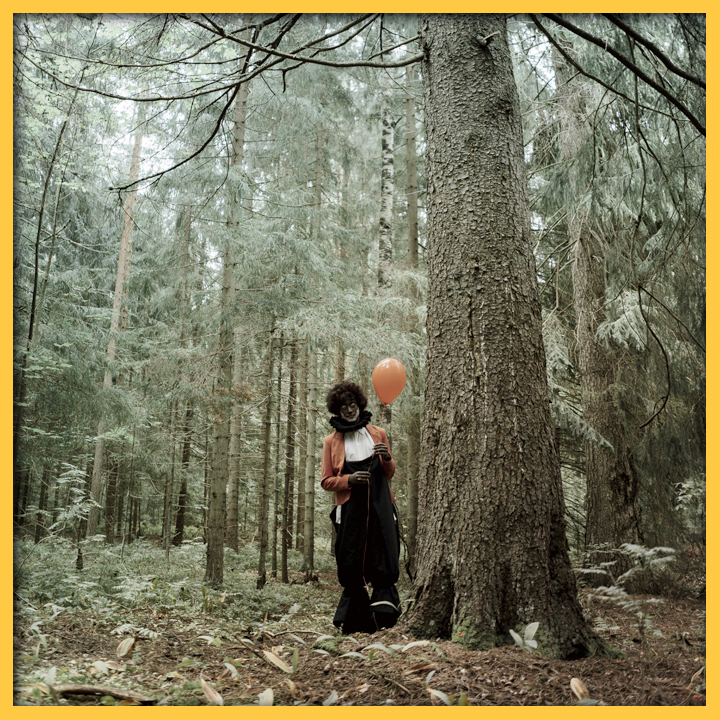
SEND IN THE CLOWNS: FUNERAL HUMOR
10/31/23
By Liz Hamilton
"I opened the lid to her cardboard coffin to find an adorable little...
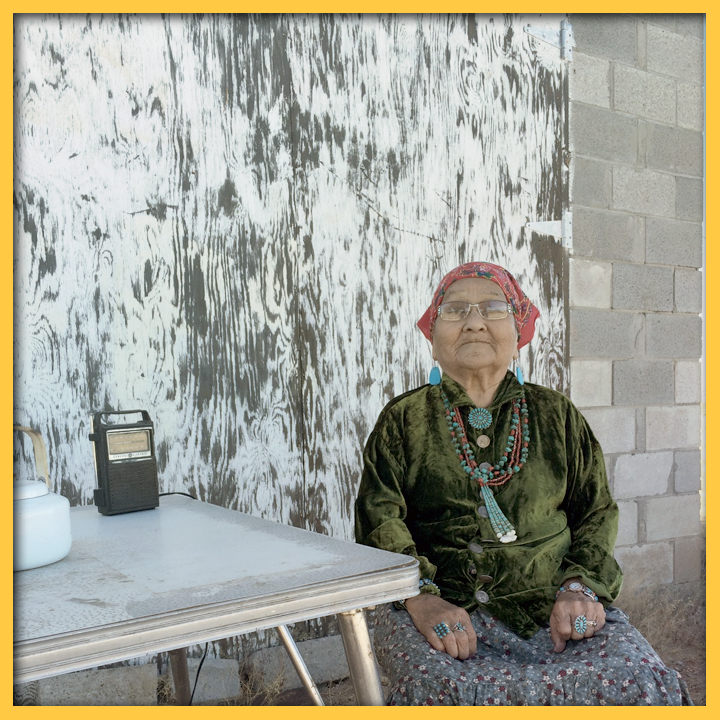
PRE-PANDEMIC GRIEF, ANCESTRAL MEMORY, MOURNING THE WORLD IN 2020 AND HEALING IN THE PRESENT
10/02/23
By Venaya Yazzie
"I now find myself dwelling upon ancestral homelands of my Diné...
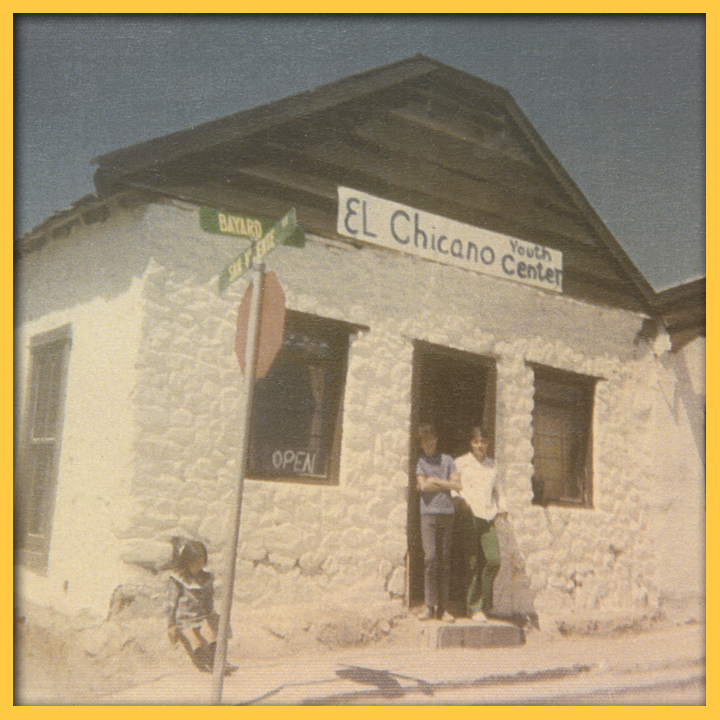
NUESTRA VOZ: THE CHIHUAHUA HILL STORY
10/02/23
By Javier Marrufo
"Now that warm atmosphere of Spanglish that surrounded my youth...
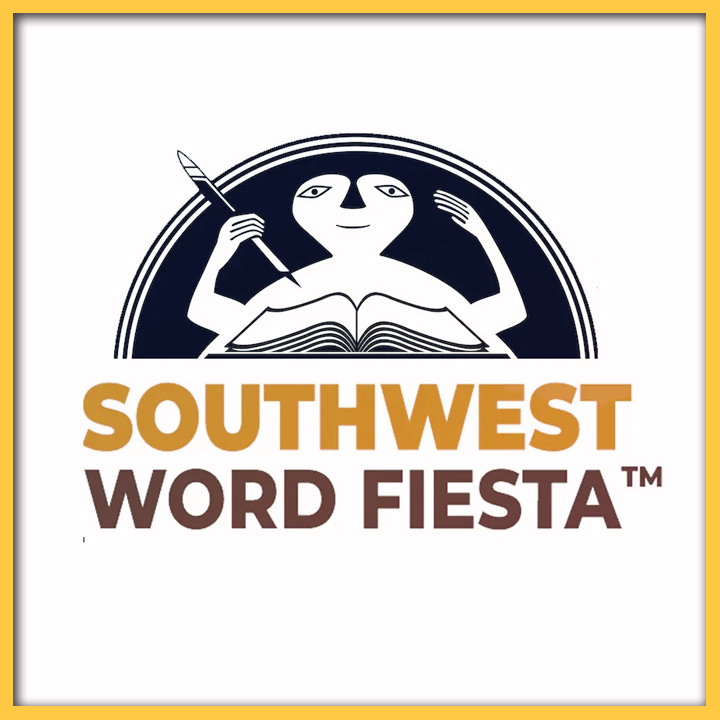
SOUTHWEST WORD FIESTA 2023
10/02/23
By Catalina Claussen
"The Southwest Word Fiesta offers a crossroads where writers,...
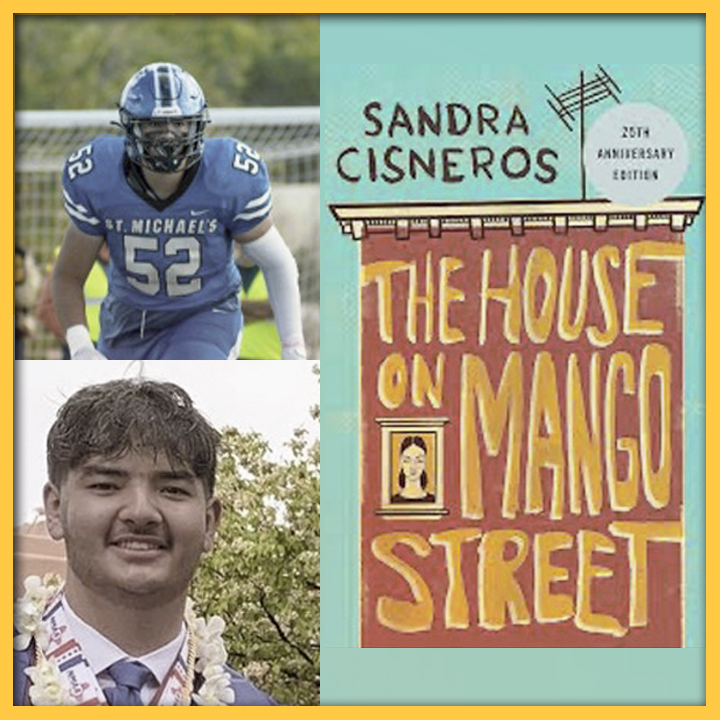
CENSORED VOICES: BANNED BOOK PROJECT
10/02/23
Co-written by Dillon Pacheco & Andrea Galindo
"In the realm of intellectual freedom,...
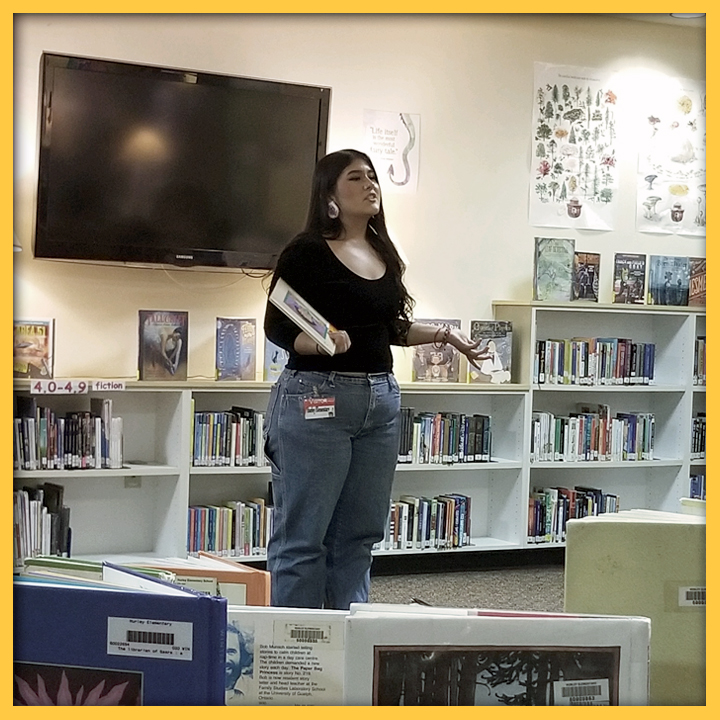
AN EDUCATIONAL MOMENT AND MOVEMENT: BANNED BOOK WEEK
09/01/23
By Heather Frankland
Many of the books challenged are those written by and about...

IT'S THE MOST WONDERFUL TIME OF THE YEAR: THE BURNING OF ZOZOBRA AND HERALDING THE NEW SEASON
09/01/23
By Nicolasa Chávez
"Now celebrating his 99th year, Zozobra is older than the Macy’s...
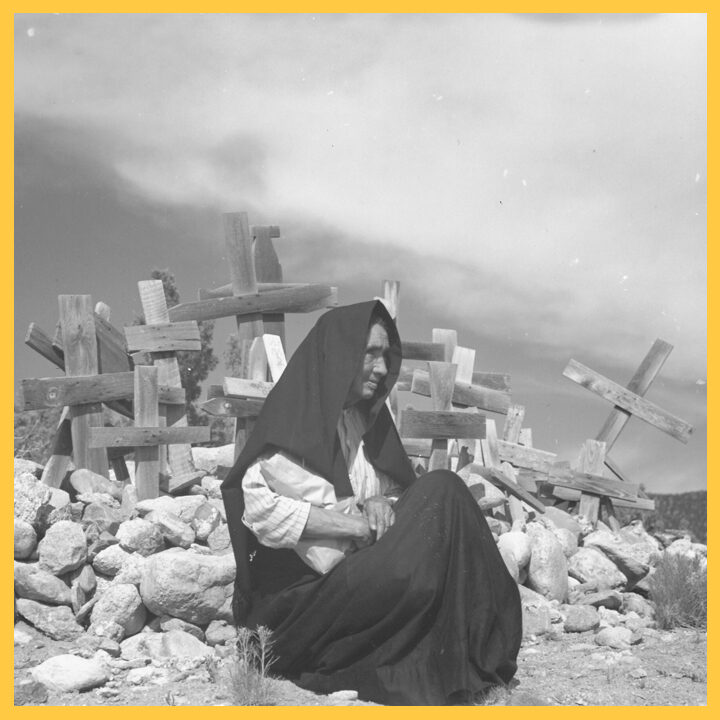
ANCIENT DEATH RITUALS RUN DEEP IN NEW MEXICO
08/01/23
By Ana Pacheco
"Through the mid-20th century some women wore the tápalo in the villages...

MY HALF-CENTURY-PLUS ASSOCIATION WITH THE NEW MEXICO HUMANITIES COUNCIL
08/01/23
By Jimmy H. Miller
"my association with the NMHC began before the Council was actually...
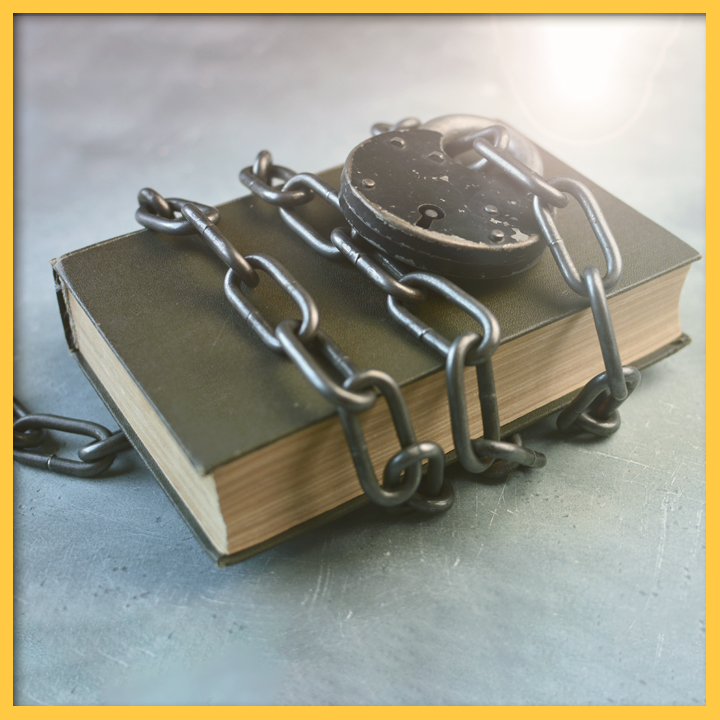
THE FREEDOM TO THINK OR WHY BOOK BANNING IS BORING
08/01/23
By Emily Romero
"if I truly like to think of myself as having a growth mindset then...

CIVIL RIGHTS AND JUSTICE — THE FORCE OF REIES LOPEZ TIJERINA
07/05/23
By Ray John de Aragon
"What was the immortal legacy of the extreme activism of Reies...
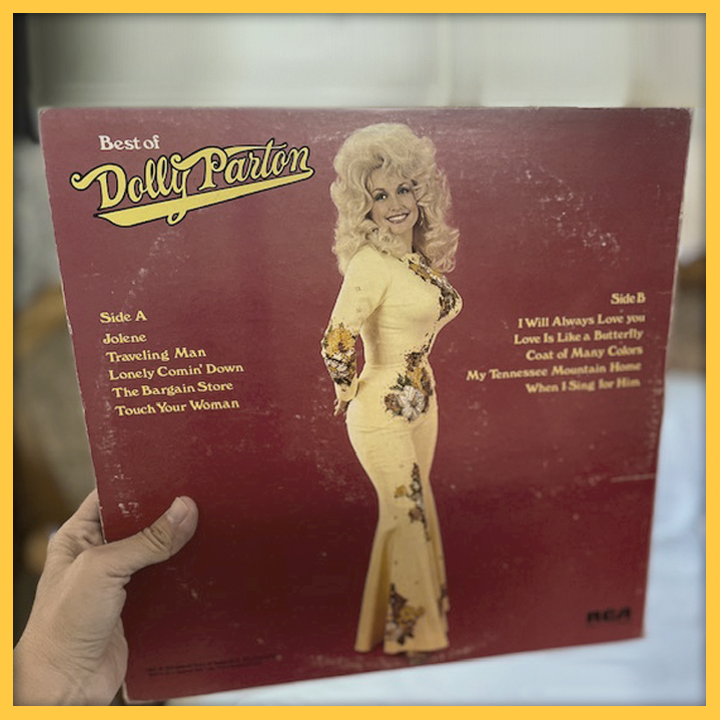
COMO QUE DOLLY PARTON ?!
07/05/23
By Leeanna Teresa Martinez y Torres
"As a young girl growing up in rural New Mexico,...
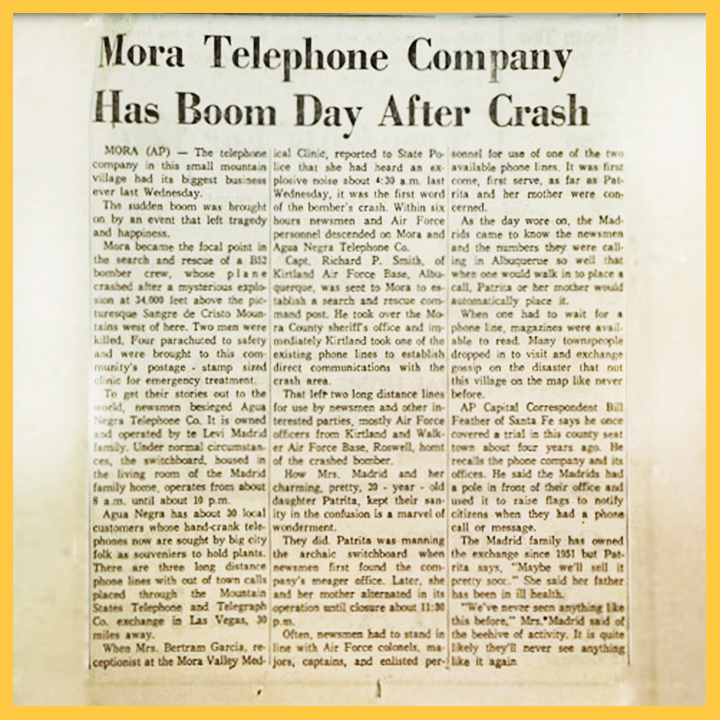
THE B-52 BOMBER THAT FELL FROM THE SKY
07/05/23
By Mario X. Martinez
"In the early morning hours of Wednesday, January 30, 1963,...

PARABLE OF THE PAPA
06/09/23
By Hakim Bellamy
"In short, fathers are the product of love(or lab)making…while daddies...
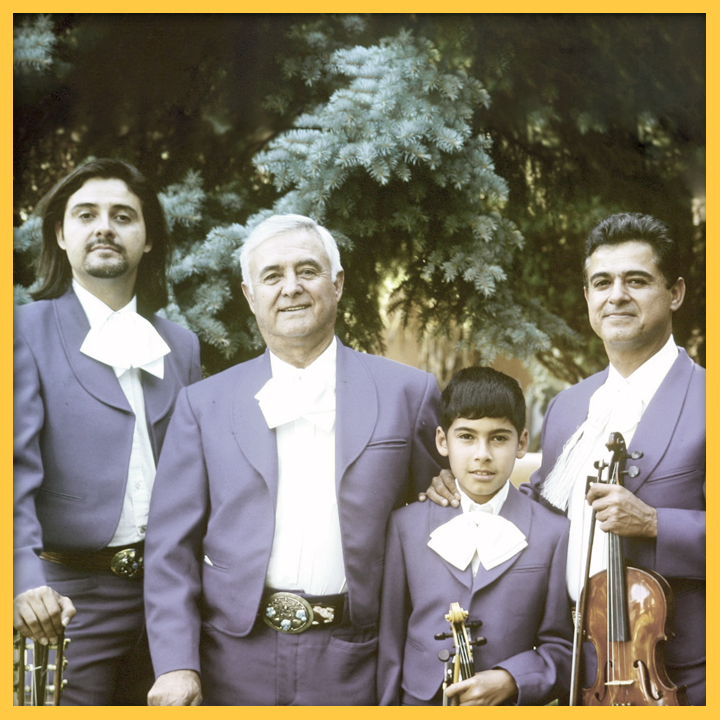
FROM MORA TO MARIACHI: MY DAD AND HIS MAGICAL JOURNEY OF MUSIC
05/15/23
By Rob Martinez
"Dad loved and respected the Penitentes. But he wanted to be a mariachi!...

A SOLDIER'S PASSAGE: A NEW MEXICO-MADE FILM EXPLORES THE ART OF SAYING "GOODBYE" TO DAD
05/15/23
By Paul Ingles
"I told my therapist, 'Seeing my father take his last breath was probably...
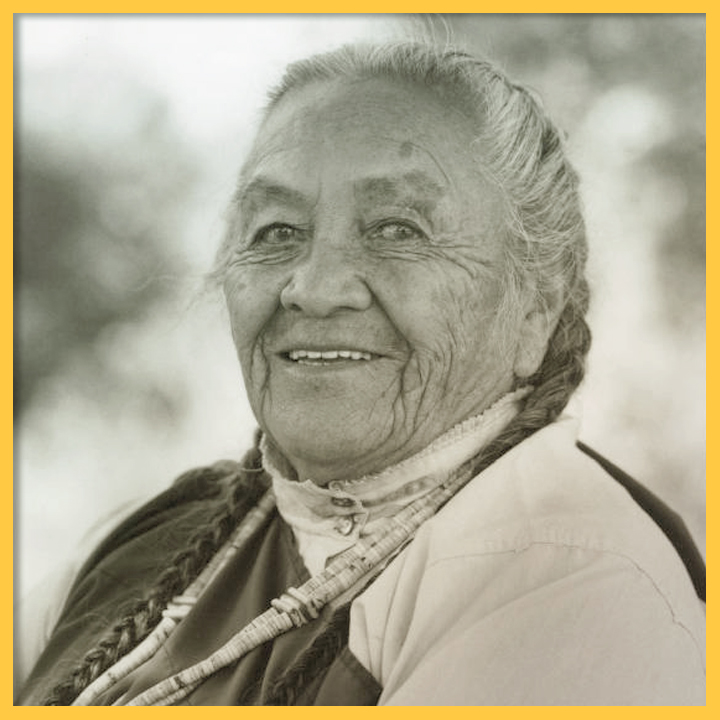
ESTHER MARTINEZ (P'OE TSÁWÄ/BLUE WATER): A MATRIARCH OF PUEBLO LANGUAGE PRESERVATION
04/18/23
By Kim Suina Melwani
“By age seven, Martinez no longer had her elders, their stories,...

MUSINGS OF A LOCKED OUT WIFE
04/18/23
By Elaine Montague
“You cannot come back. We are on lockdown. No visitors are allowed.”
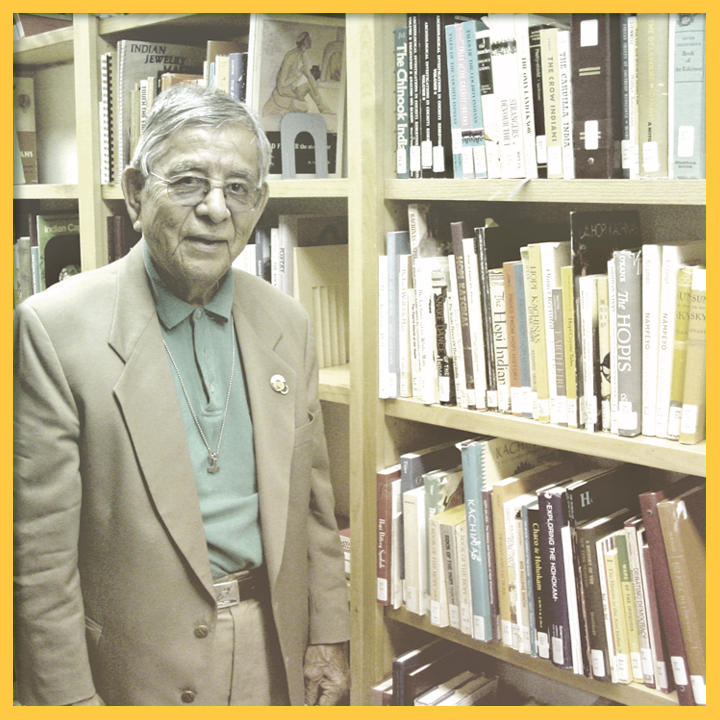
TELLING OUR STORIES: PUEBLO AUTHOR AND TEACHER, DR. JOE S. SANDO
04/01/23
By Jonna C. Paden
“Despite the Pueblo’s long history in the area, little has been...

METICULOUS ANSWER — INSPIRED BY ARTIST AGNES MARTIN
04/01/23
By Lauren Camp
“My mind keeps moving.
The country is nearly at war
with satisfaction
or...
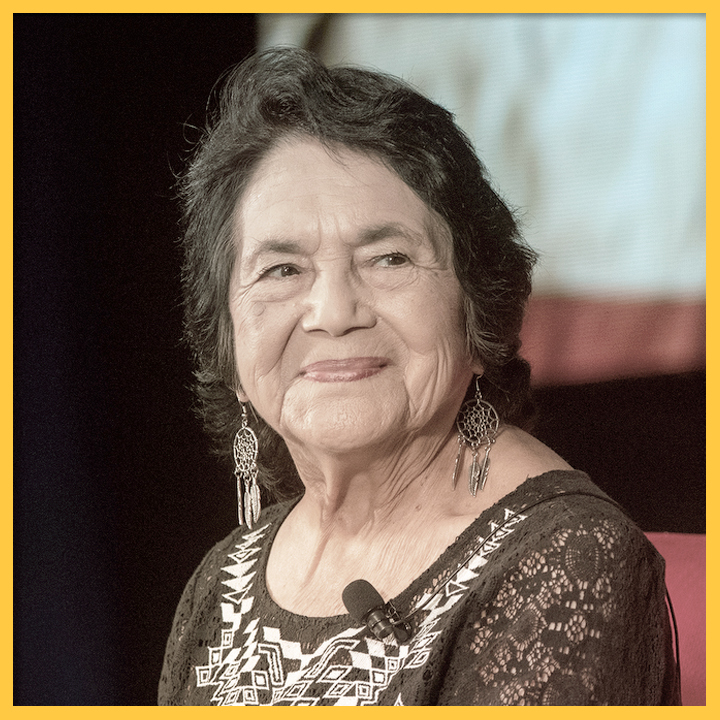
DOLORES HUERTA: A LEGACY
03/01/23
By Maria Vielma
"The leadership, advocacy, and action displayed by none other than...
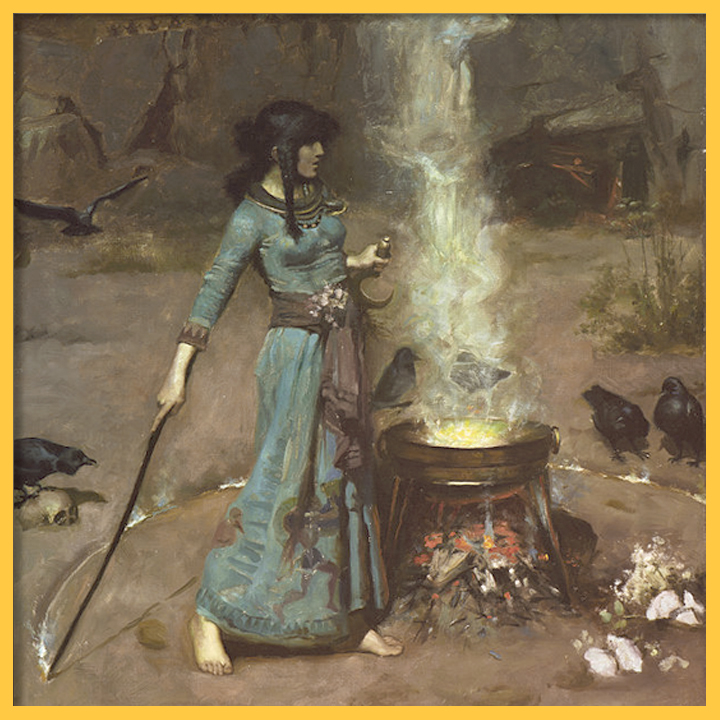
WITCH: FROM VILLAIN TO VICTORIOUS
03/01/23
By Keelyn Byram
“So how did the archetype of the Witch transform from being pure...
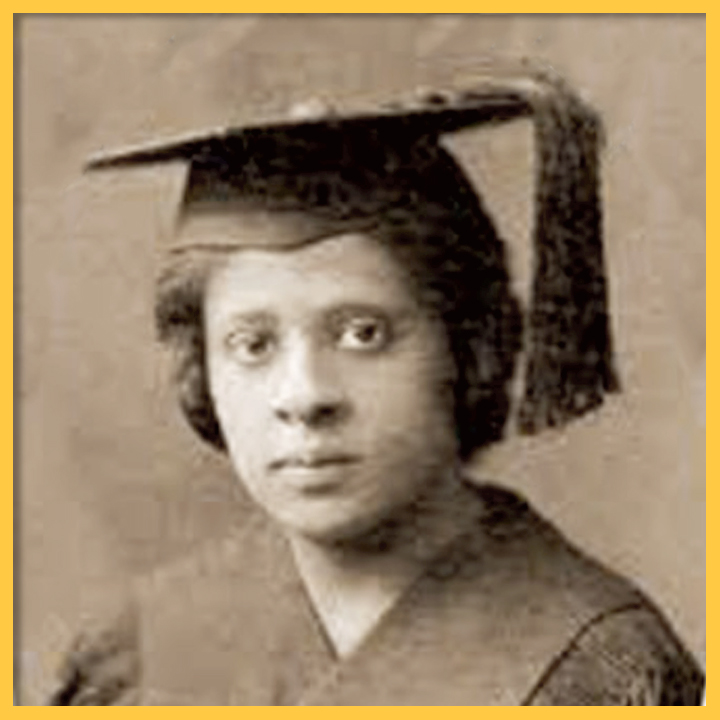
HEALER OF THE UNSEEN: DR. META L. CHRISTY
01/30/23
By Ina Jane
"As the first Black female doctor of osteopathy, she set the standard...

"OUTRIDERS: LEGACY OF THE BLACK COWBOY" NARRATING THE RICH HISTORY OF THE BLACK COWBOY IN THE AMERICAN SOUTHWEST
01/30/23
By Ariana Kramer
"Outriders: Legacy of the Black Cowboy depicts information that...

CHOCOLATE: FROM FOOD OF THE GODS TO THE FOOD OF LOVE
01/29/23
By Nicolasa Chávez
"The artfully packaged chocolate boxes cherished today were not...

WHAT'S IN THE WORD, SAVAGE?
12/30/22
By Felicia Bartley
"I have been hearing the word savage more than I would like to...

NOW WHAT? CIVIL RIGHTS AND THE POST-PANDEMIC ICONOGRAPHY OF KING'S DREAM
12/15/22
By Cathryn McGill
"Every year since 1983 people turn their attention to the commemoration...

GRULLAS
12/13/22
By Leanna Teresa Martinez y Torres
"Each year grullas arrive by the hundreds, settling...

SLOW BURN: A FAMILY HISTORY OF GREEN CHILE STEW
12/01/22
By Vanessa Baca
“Ubiquitous in our state, chile is a staple in our recipes year-round,...
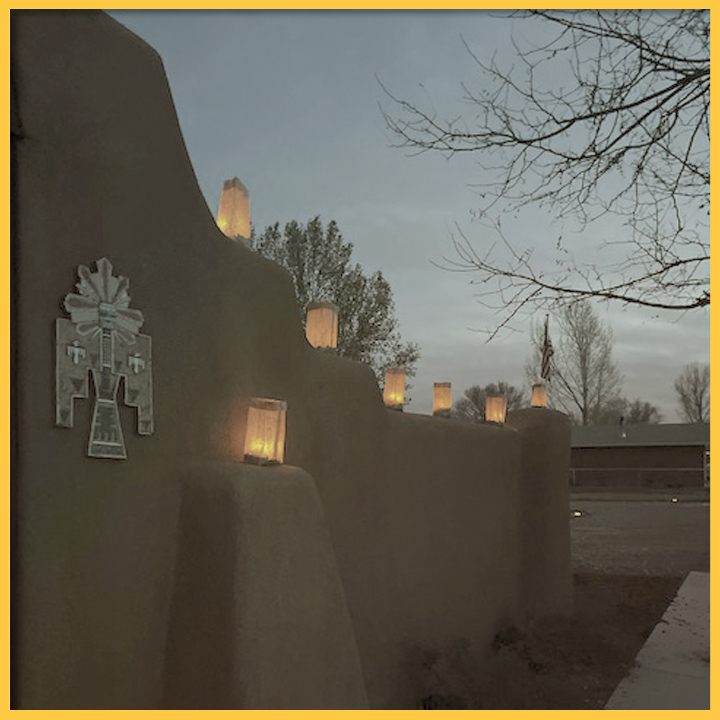
LITTLE BROWN BAGS: A BRIEF MEDITATION ON A NUEVO MEXICO TRADITION
12/01/22
By Leeanna Teresa Martinez y Torres
“Throughout much of New Mexico, luminarias are...

CULTURAL IDENTITY THEFT: IMMEASURABLE SUFFERING
11/14/22
By Joshua K. Concha
“unauthorized access to your personal information has occurred,...

COSAS EXTRAÑAS Y DUENDES — STRANGE THINGS AND GOBLINS
09/28/22
Ray John de Aragón
“New Mexico is a land of mystery, suspense, and intrigue. One...
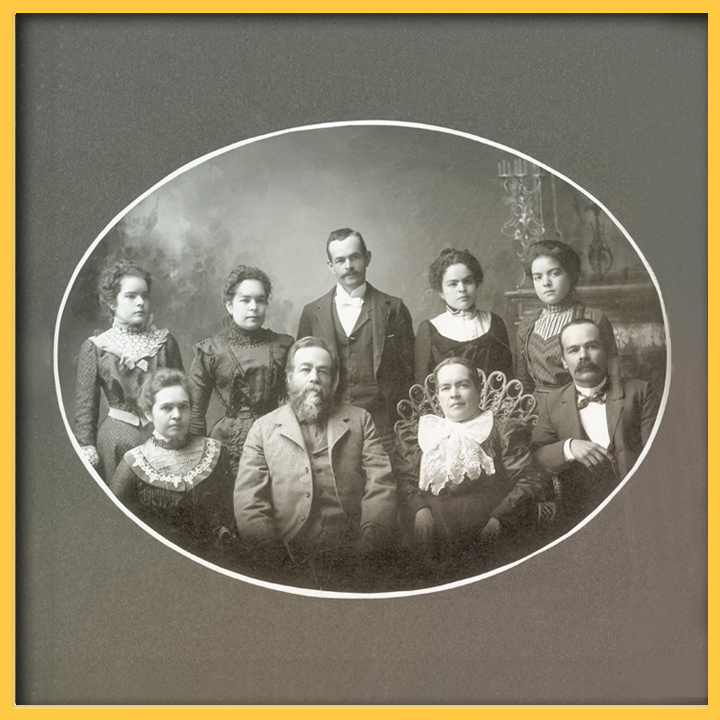
HISPANIC HERITAGE MONTH — AMADOR FAMILY
09/28/22
By Jennifer Olguin
“September 15 to October 15 marks Hispanic Heritage Month. This...

EVERYTHING IS COM-PLI-CA-TED!!
08/14/22
By Ellen Dornan
“The humanities are so complicated!
History, literature, philosophy…...

THE CLICK OF THE SHUTTER MEANS "YES" KURT MARKUS, 1947-2022
07/28/22
By Hampton Sides
“Wherever his Linhof field camera took him, Kurt regarded himself...

INDIGENOUS IN AI — LAKOTA LANGUAGE CAMP
07/28/22
By Ellen Dornan
“Natives in Tech and Indigenous in AI have made it their respective...

AIMING FOR THE MIDDLE OF THE ROAD
07/02/22
By Richard W. Etulain
"A key to middle-of-the-road opinions is moving away from 'either-or'...
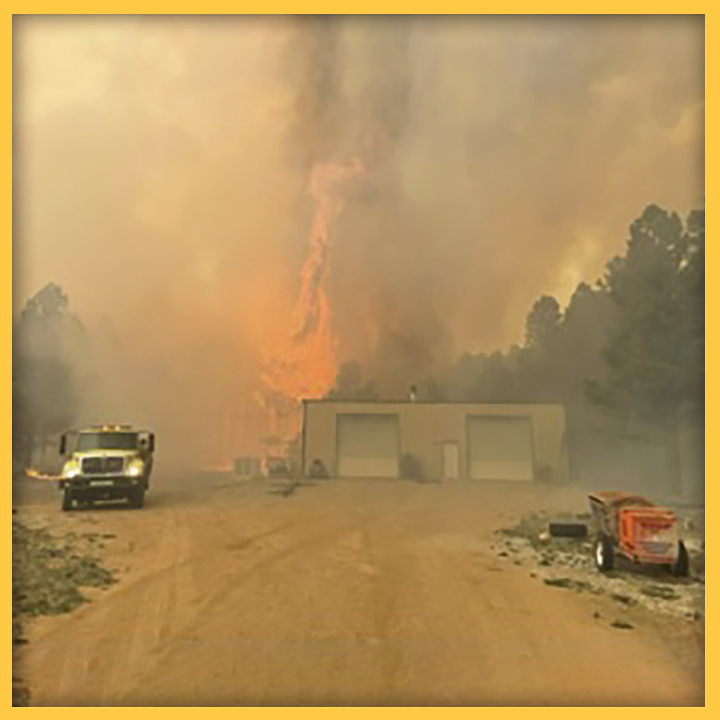
LAS LUMBRES DEL 2022 EN EL NORTE DE NUEVO MÉXICO
06/30/22
By Gabriel Meléndez
“My spirit shrank when I drove up to see a friend in El Monte...

A DIFFERENT KIND OF BILLY THE KID
06/30/22
By Richard Etulain
“Is there a more human young man — one beyond the drama and even...
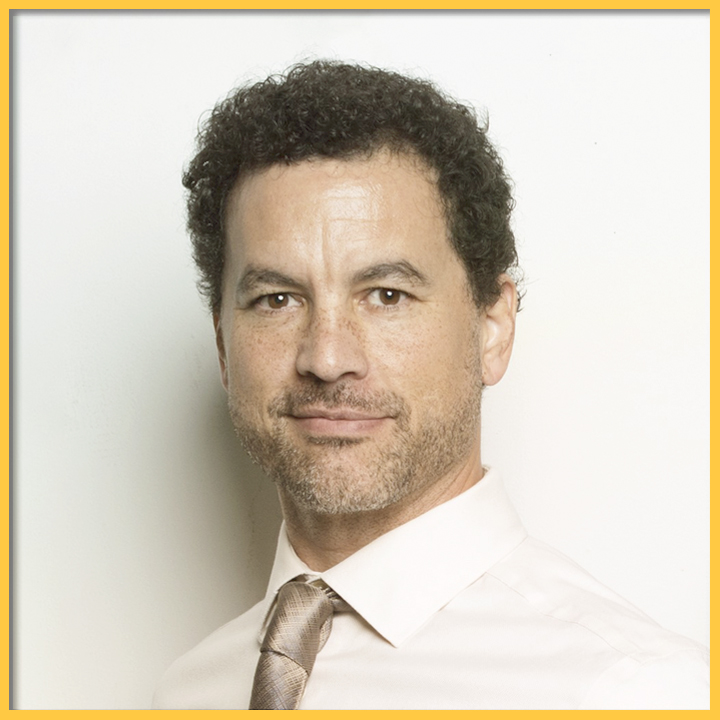
JUNETEENTH AND VIOLENCE, REVISITED
06/01/22
By Sean Cardinalli
“It’s terrifying being Black in America. It’s strange being Black...
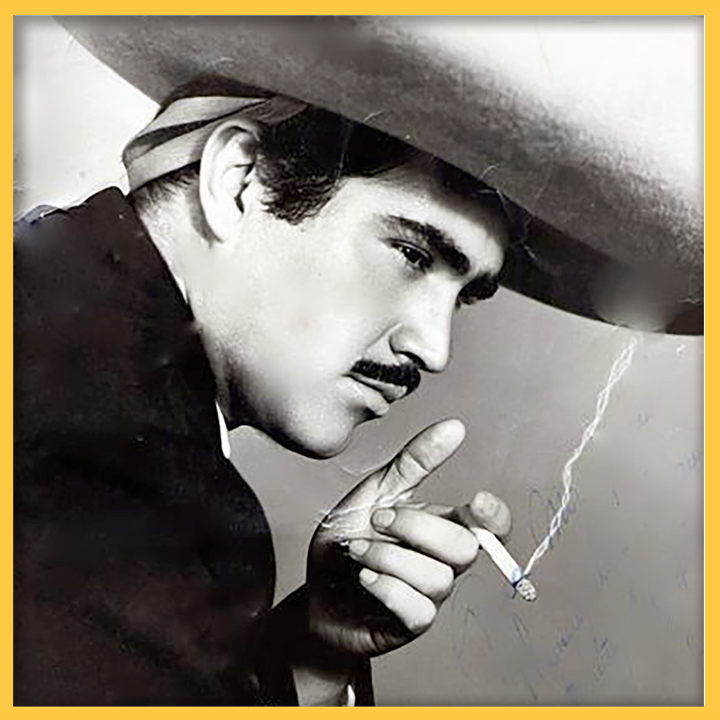
EL GRITO ETERNO: IMAGINING VICENTE FERNANDEZ AND REMEMBERING MY FATHER
05/31/22
By Matt Villegas
“The mariachi legend, Vicente Fernandez, passed away late last year...
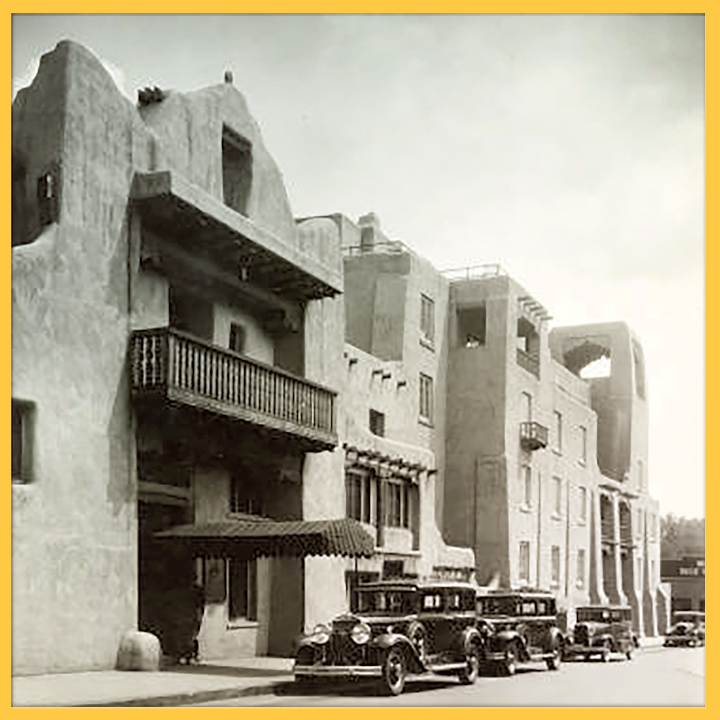
MAPPING QUEER HISTORY IN NEW MEXICO
05/31/22
By Ellen Dornan
"Did New Mexico – or at least Albuquerque and Santa Fe– support a...
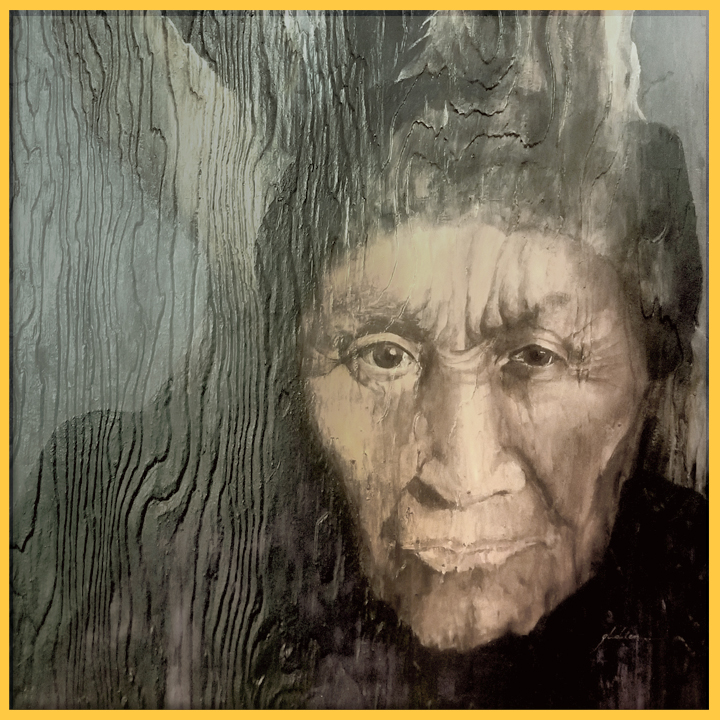
BURNING ÚLTIMA: RUDOLFO ANAYA AND THE IMPACT OF BOOK BANS ON DEMOCRACY
05/31/22
By Vanessa Baca
"June 28 marks two years since Anaya, widely regarded as the Godfather...
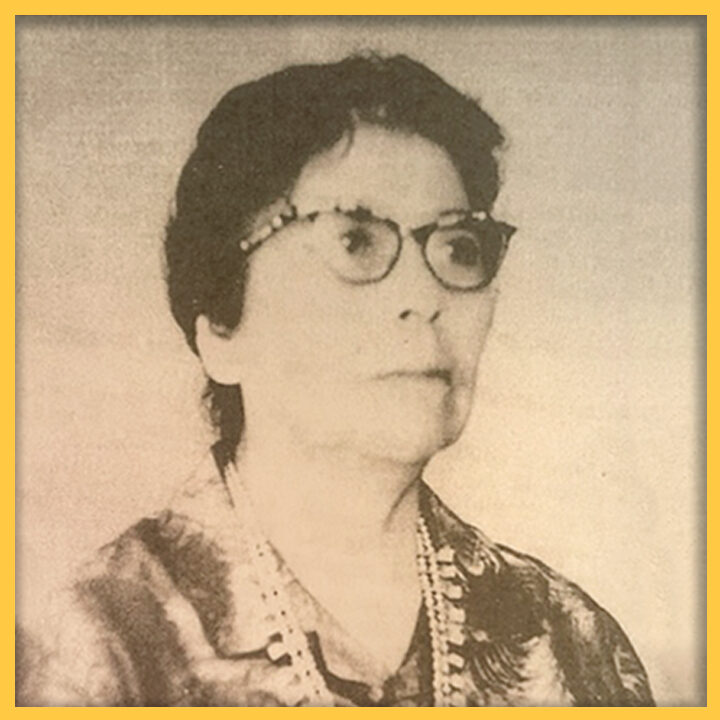
TEACHER WARRIOR
05/01/22
By Ninabah Davis
“In the month of May we celebrate Mother's Day to honor our mothers,...
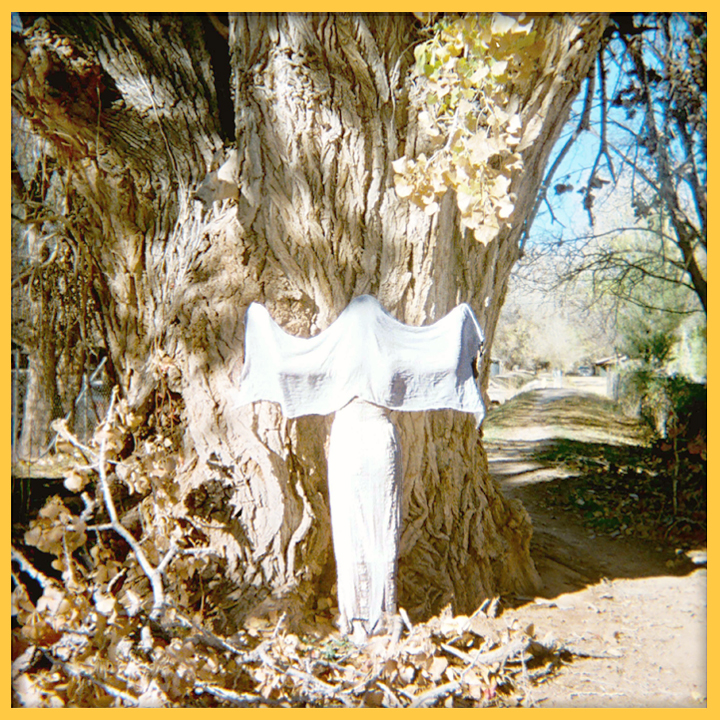
LOVING LA LLORONA
05/01/22
By Rica Maestas
“A nostalgic tie to childhood, La Llorona was one of the first stories...
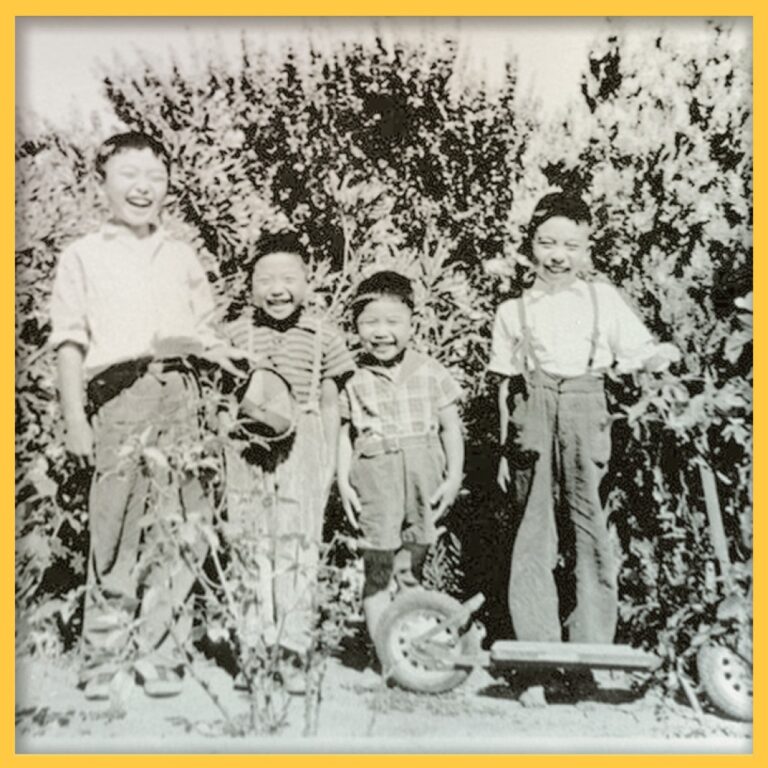
SHIKATAGANAI — IT CAN'T BE HELPED
05/01/22
By Shelley Takeuchi
“May is now designated as Asian American and Pacific Islander...
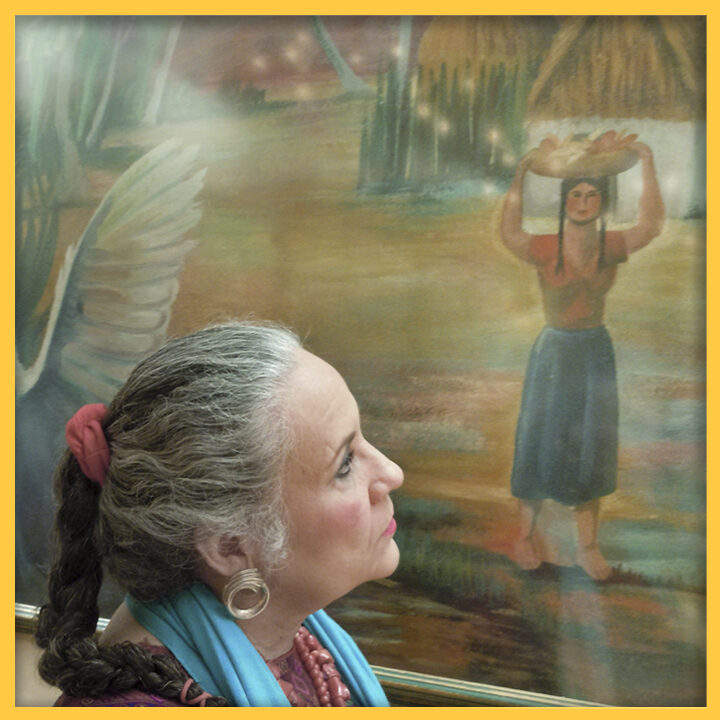
MOTHER'S DAY 2019
05/01/22
By Denise Chávez
“I imagine my mother Delfina listening intently to her transistor...

FISH NOT FLESH: SYMBOLISM OF THE NEW MEXICO LENTEN FEAST
03/31/22
By Vanessa Baca
“Ultimately, it is the return to life after the darkness of death...
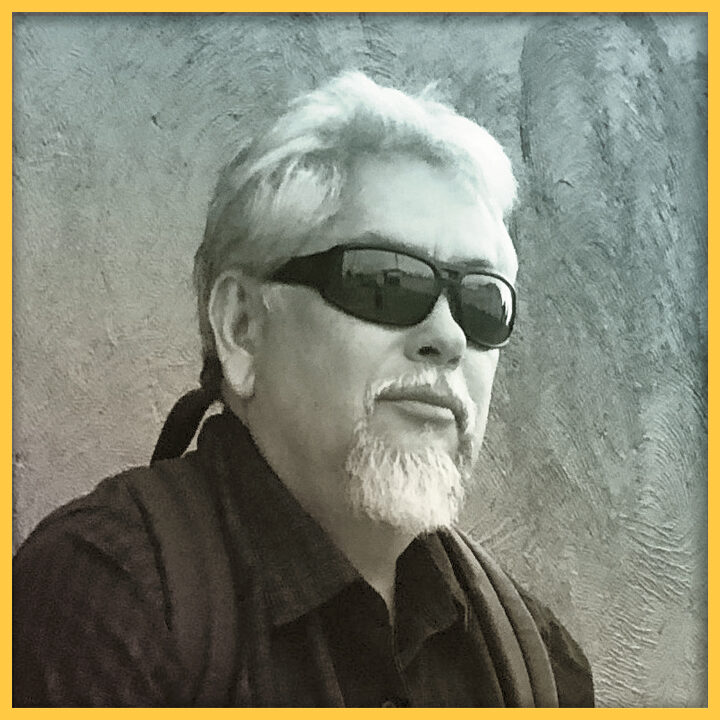
CARLOS, PRIETO, AND RAMIRO COME TO HOE THE MILPA
03/31/22
By Levi Romero
“Hay más tiempo que vida, my cousin would often say.
And maybe he...

SOY MAGDELENA… Y HE PECADO
03/31/22
By Diana Velazco
“Represento a toda mujer
Que en el mundo se le ha juzgado;
Por prejuicios...
![Gottlieb, W. P. (1947) Portrait of Ella Fitzgerald, Dizzy Gillespie, Ray Brown, Milt Milton Jackson, and Timmie Rosenkrantz, Downbeat, New York, N.Y., ca. Sept. United States, 1947. , Monographic. [Photograph] Retrieved from the Library of Congress](https://newmexicohumanities.org/wp-content/uploads/2022/03/NMHC-Blog-Ella-F.jpg)
INTERNATIONAL JAZZ DAY: JAZZ AND DEMOCRACY
03/31/22
By Andy Kingston
“The irony was not lost on many artists that a nation struggling...
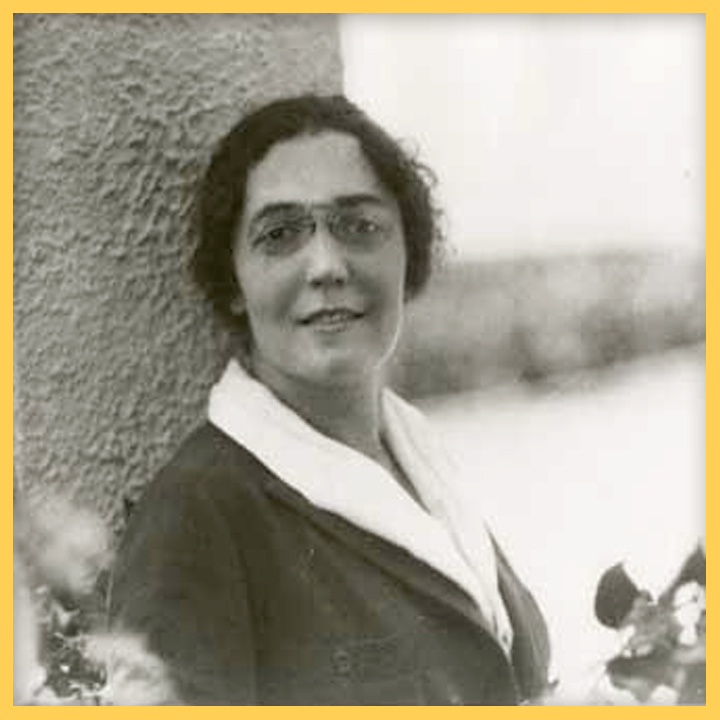
SUFRAGISTA Y MÁS: ADELINA "NINA" OTERO-WARREN
02/28/22
By Dr. Anna M. Nogar
"Nuevomexicana Adelina 'Nina' Otero-Warren (1881-1965) is one...
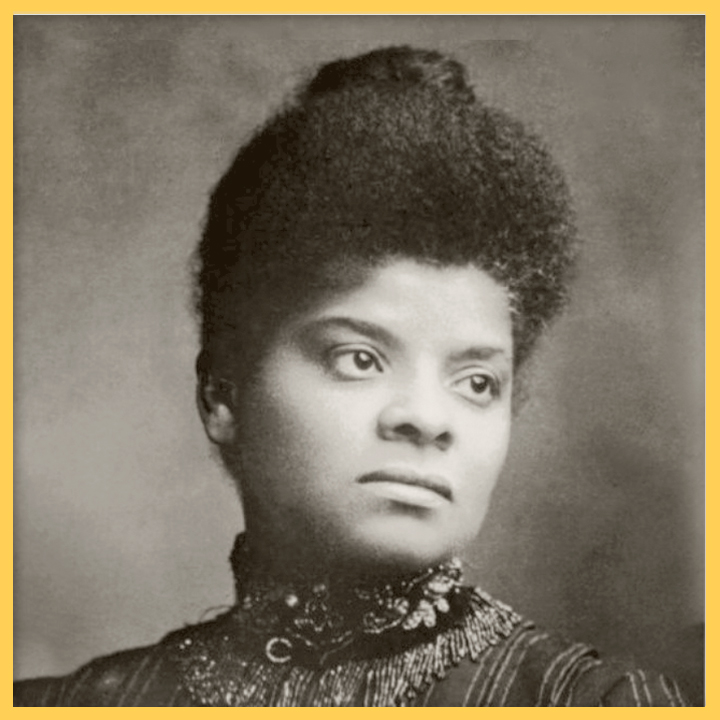
IDA B. WELLS: THE POWER OF THE PEN
02/28/22
By Ina Jane
"Today, the legacy of her work continues as countries all over the world...
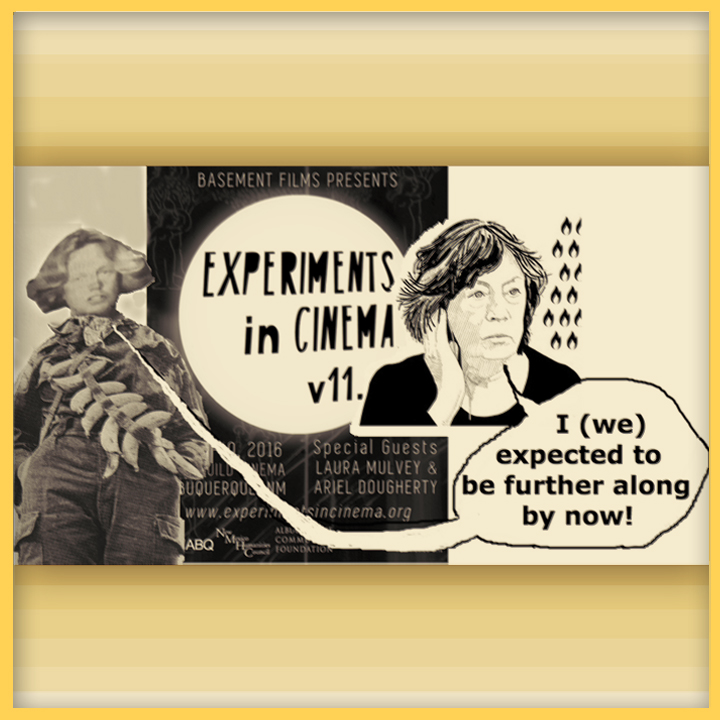
COMMUNITY VISIONS — CINEMATIC NARRATIVES BY WOMEN
02/28/22
By Ariel Dougherty
“In intervening decades too few opportunities in the U.S. have...

ENCOUNTERING NEW MEXICO
01/31/22
By Darryl Wellington
"I was aware that New Mexico was heavily Indigenous and Hispanic....
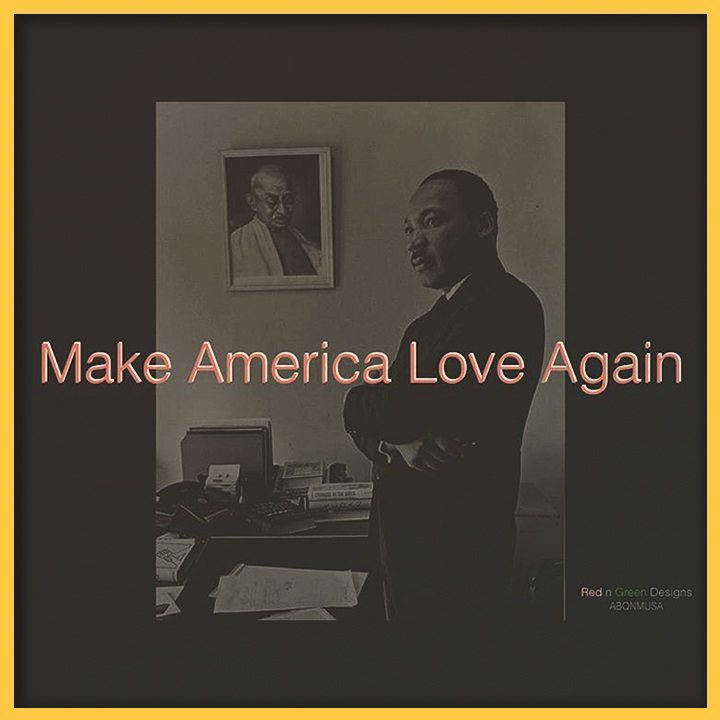
THE LAST MLK DAY
01/01/22
By Hakim Bellamy
"Dr. King gets significant and deserved credit for being one of...

INSTRUMENT OF CHANGE: A BRIEF LOOK AT PHOTOGRAPHY IN THE UNITED STATES
12/01/21
By Matthew Contos
"From the daguerreotype to satellite imaging, photography has stood...

A SWEET AND SPICY MEMORY: BISCOCHITOS IN NEW MEXICO CULTURE
12/01/21
By Vanessa Baca
"Biscochitos have a far deeper significance than being just sweet...
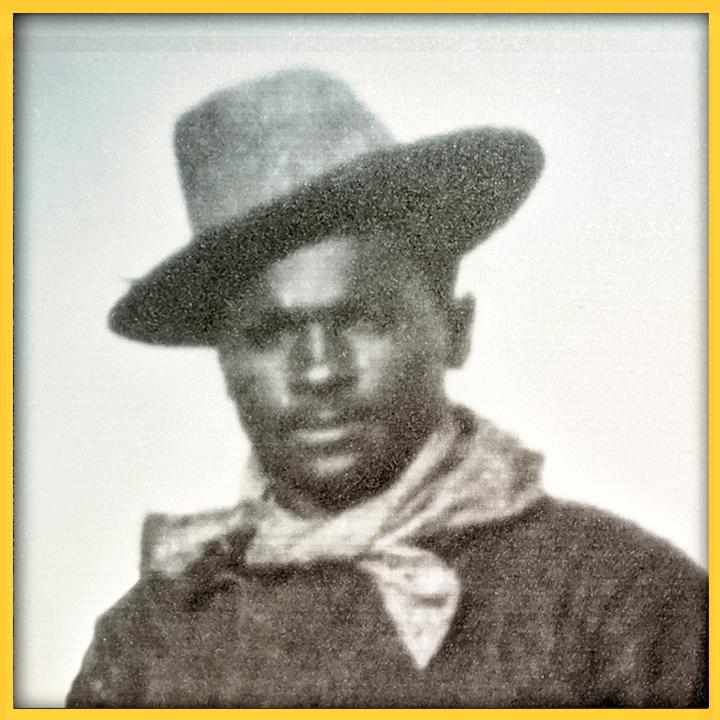
1867: A SNAPSHOT OF MILITARY OCCUPATION IN NEW MEXICO
11/01/21
By Ellen Dornan
"The 1867 U.S. Topo Bureau map showing the Old Territory and Military...

BEYOND THE MACABRE: EDGAR ALLAN POE AND THE PSYCHOLOGY OF HORROR
09/28/21
By Chrysta Wilson
"Edgar Allan Poe’s status as the father of contemporary horror...

CELEBRATING THE DEAD: DÍA DE LOS MUERTOS AND ALL HALLOWE'EN
09/28/21
By Nicolasa Chávez
"Many people do not know the origins of this fun - and fright-filled...
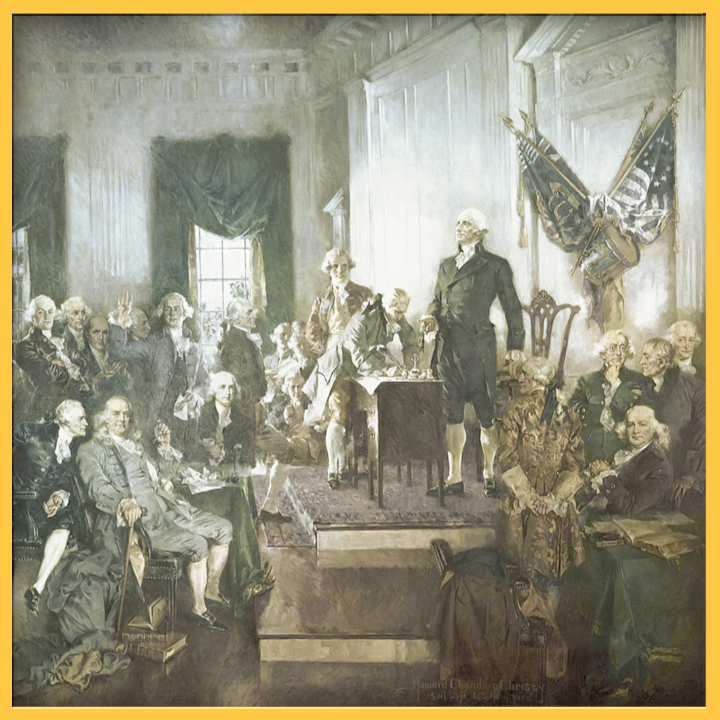
AMERICA'S CONSTITUTION: A MACHINE THAT DOES NOT RUN BY ITSELF
09/01/21
By Christian Fritz
"The protection of democracy is not simply the obligation of elected...
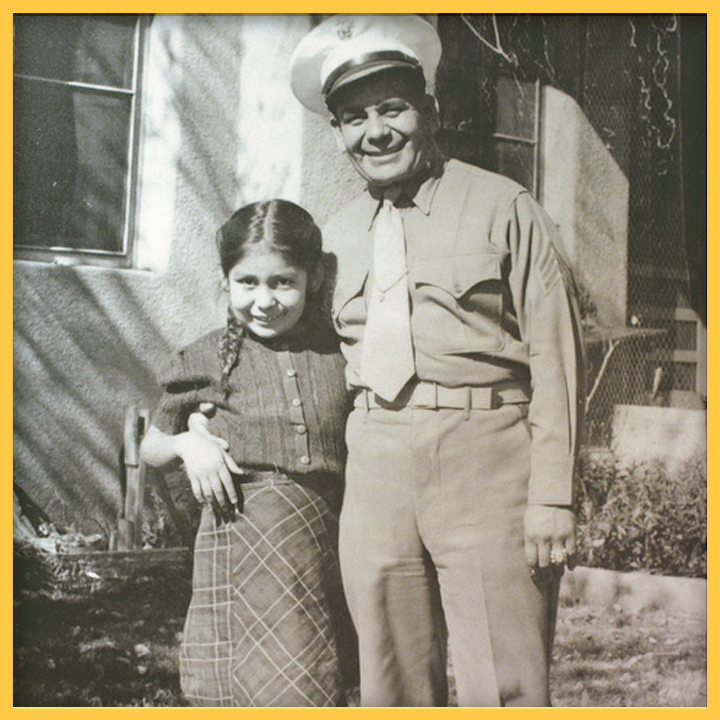
MIGUEL TRUJILLO
09/01/21
By Gordon Bronitsky
"What was it about the postwar situation in New Mexico that encouraged...

INVIGORATING METAMORPHOSIS
08/31/21
By Jack Loeffler
"The flow of Nature has carried me through many rapids as I row...
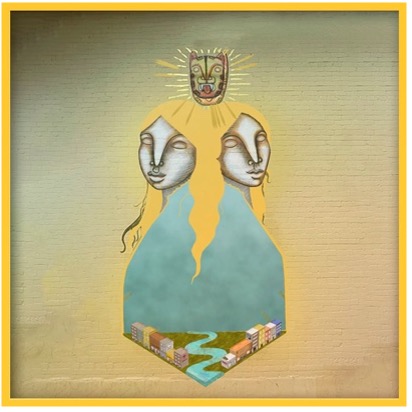
WHY IS EL PASO IN TEXAS?
08/27/21
By Ellen Dornan
"Today, Southern New Mexicans frequently cross the border to El Paso,...
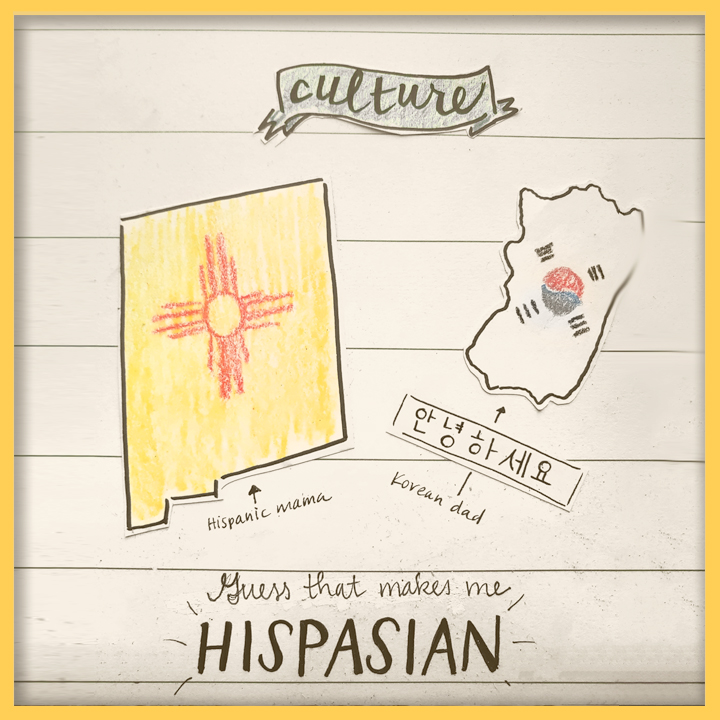
HISPASIAN
07/30/21
By Melissa Auh Krukar
"The questions are always the same: 'Where are you from?' or...

GROWING UP "COYOTA" IN NEW MEXICO
07/29/21
By Nicolasa Chávez
"Did being a coyote make me any less New Mexican? What exactly...
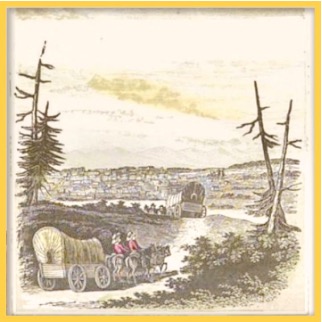
MAP OF THE INDIAN TERRITORY, NORTHERN TEXAS AND NEW MEXICO, SHOWING THE GREAT WESTERN PRAIRIES
07/25/21
By Ellen Dornan
"Josiah Gregg's 1844 map is ostensibly included in Commerce of the...

HOW HAS THE PANDEMIC AFFECTED MUSEUMS? EXAMPLES FROM THE BLACKWATER DRAW MUSEUM AT EASTERN NEW MEXICO UNIVERSITY
06/28/21
By Samantha Bokamp
"The Blackwater Draw Museum (BWDM) was among the many museums...
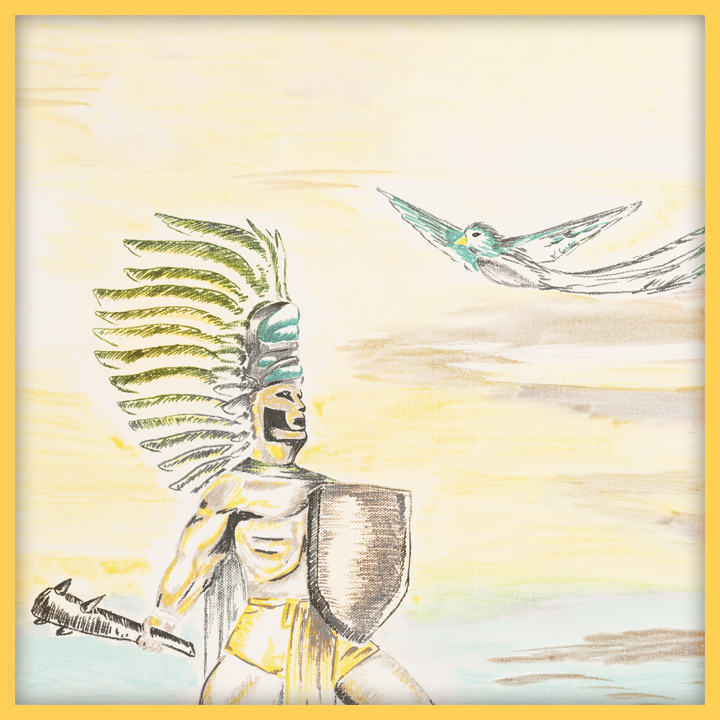
ART CANNOT BE CAGED: DETAINED MIGRANT YOUTH CREATE AN EXHIBIT
06/28/21
By Kayla Myers
“'Uncaged Art Tornillo Children’s Detention Center' is fundamentally...
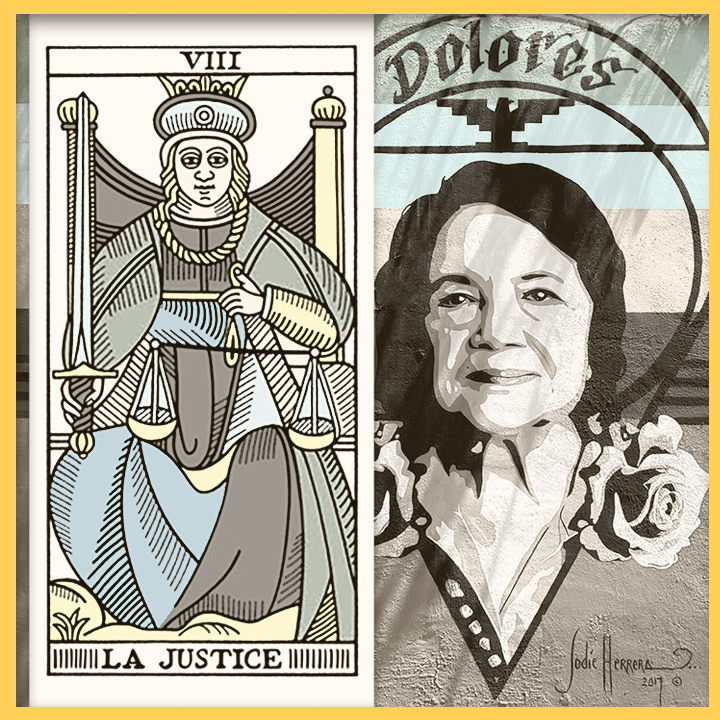
THE FOOL'S JOURNEY
06/01/21
By Bethany Tabor
"It’s impossible to travel through Albuquerque without encountering...
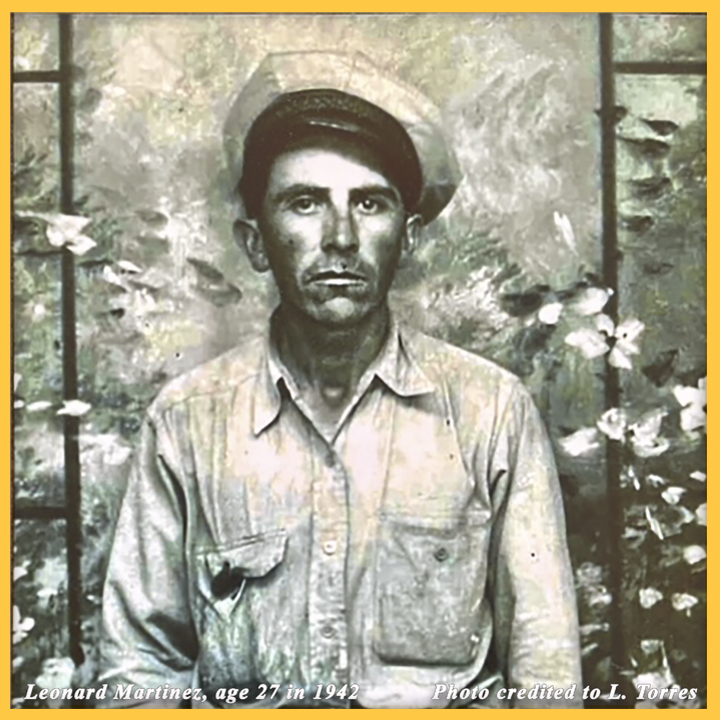
MANITO
05/30/21
By Leeanna Teresa Martinez y Torres
"Manito: Examining and Deconstructing New Mexico’s...
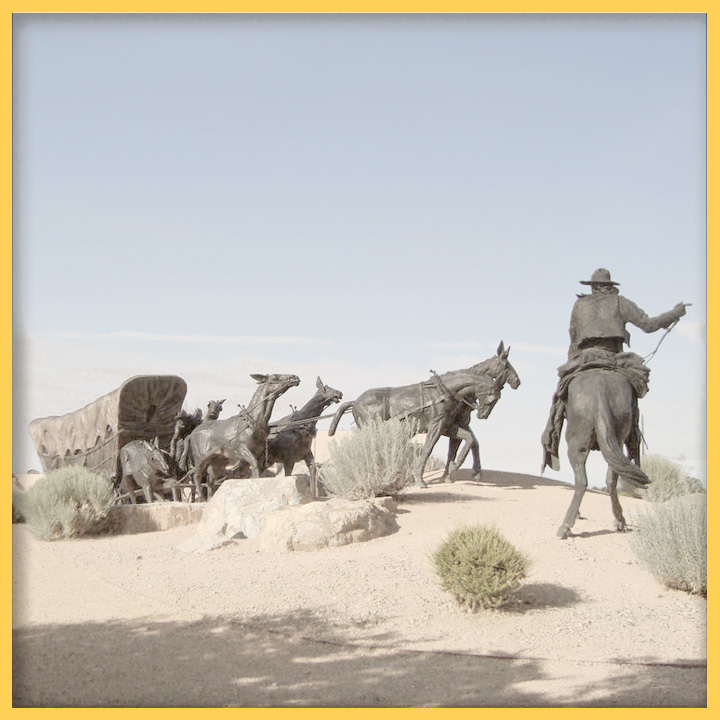
THE SANTA FE TRAIL
05/28/21
By Thomas Chávez
"For much of its history New Mexico was an island in the wilderness,...
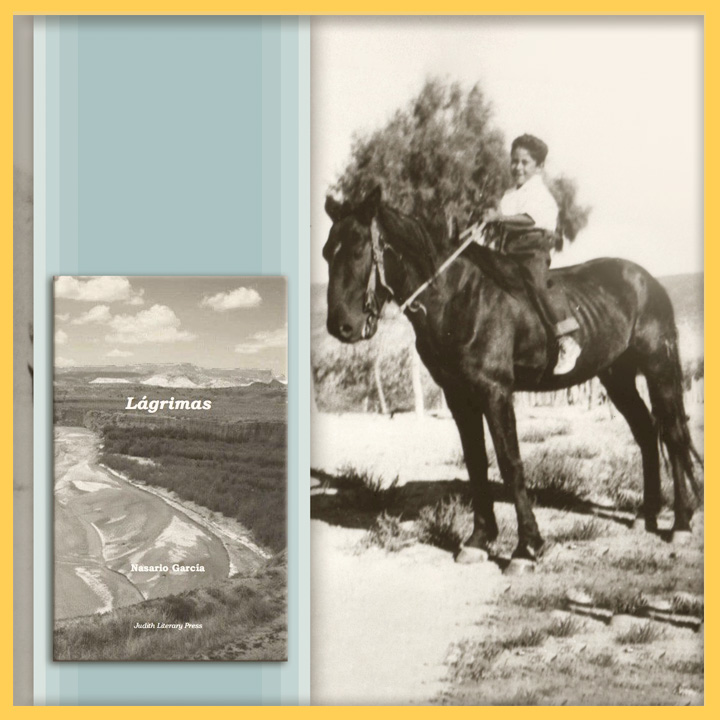
LÁGRIMAS: POEMS OF JOY AND SADNESS
05/28/21
By Nasario García
"I was fascinated by rural life in the desert where the landscape,...

INTO THE BEAUTIFUL NORTH
04/30/21
By Ann Bentley
"What do you think of when you hear 'book club'? Middle aged women...

HEMINGWAY
04/07/21
By Michael Privett
"For me, the Hemingway work that stuck was The Old Man and The...

WASHINGTON'S FAREWELL ADDRESS: TIMELESS WISDOM
02/24/21
By Brandon Johnson
"Washington understood the dangers of locating too much political...
NATIONAL HISTORY DAY
Helping student historians and their teachers study the past to inform the present and shape the future.
HELPING KEEP DEMOCRACY ALIVE BY SUPPORTING INCLUSIVE CONVERSATIONS
The New Mexico Humanities Council provides support to help libraries and other educational spaces remain inclusive for all people and perspectives.
PREVIOUSLY FUNDED LIBRARIES
- Capitan Public Library, $5,000.00
- City of Carlsbad Library, $1,500.00
- El Rito Library, $7,500.00
- El Valle de Anton Chico Library, $6,000.00
- Embudo Valley Library and Community Center, $5,000.00
- Farmington Public Library Foundation, $7,500.00
- Glenwood Community Library, $3,200.00
- Roswell Public Library, $3,800.00
- Taos Public Library, $5,000.00
- Shuter Library of Angel Fire, $7,500.00
PREVIOUSLY FUNDED CHANGE MAKERS AND STORYTELLING GROUPS
- Museum of Heritage and Arts, $3,820.00
- Zuni Youth Enrichment Project, $15,000.00
- AfroMundo, $16,639.56
- Children’s Reading Alliance, $14,515.00
- Japanese American Citizens League NM Chapter, $8,779.00
- Gathering of Nations, $15,592.50
- New Mexico Black Leadership Council, $20,000.00
- The Children’s Hour Inc, $20,000.00
- Keshet Dance Company, $12,685.00



